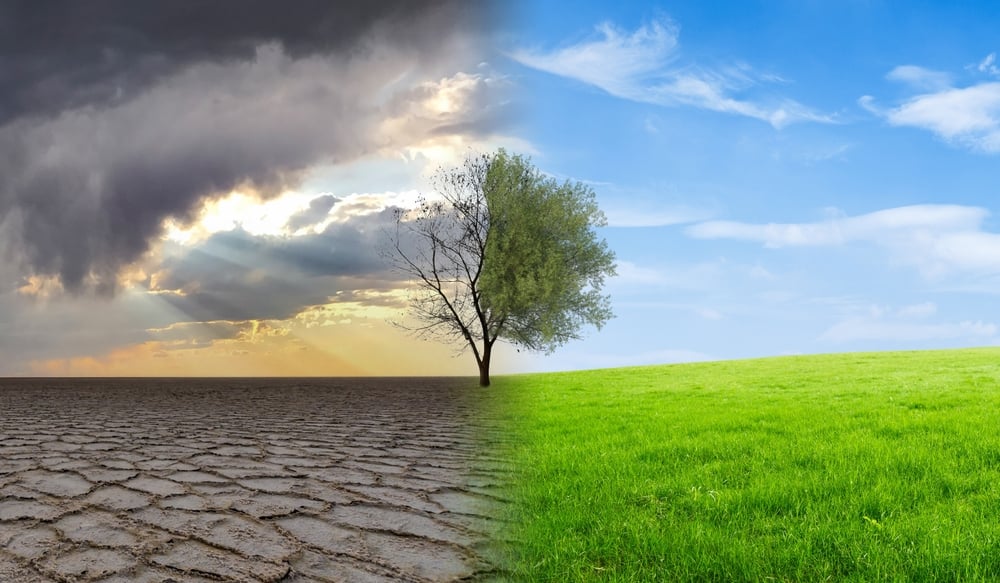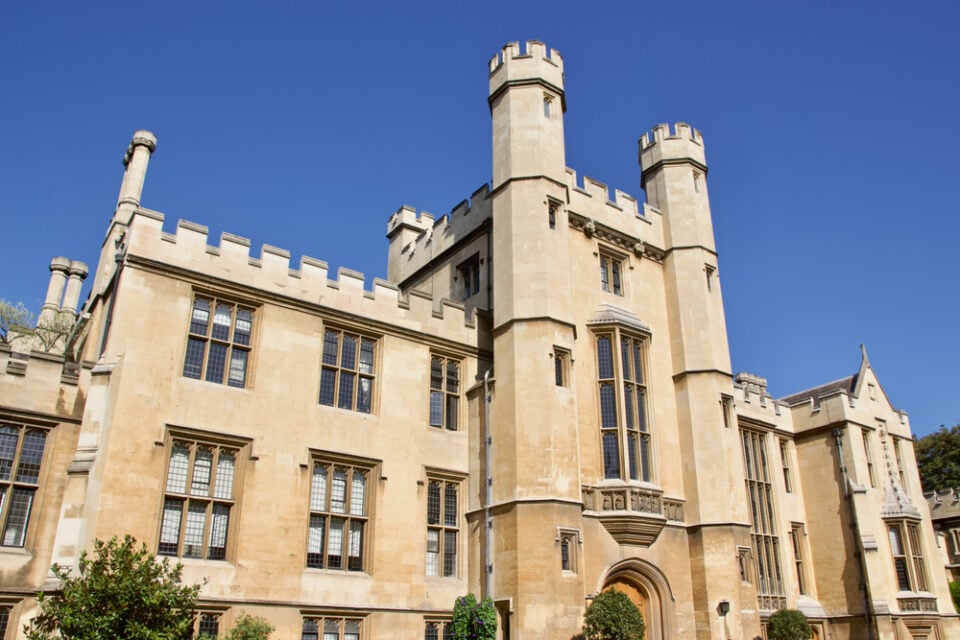By the Rev’d Canon Jenny Wilson
Jenny Wilson’s latest book, Preaching the Planet, a collection of sermons will be launched by the Governor of South Australia, Her Excellency the Honourable Frances Adamson AC, after Choral Evensong on Sunday, 10 November 10th at 6:00pm. Click here for details
The scholar Charles V. Taylor defines our time and place as having moved from “a society where belief in God is unchallenged and, indeed, unproblematic, to one where it is understood to be one option among others, and frequently not the easiest to embrace” (A Secular Age, p.3). How do we preach in such a time? How do we preach in a time when the word “God” is unfamiliar or unwelcome, a whisper from the past or so trapped by fundamentalism that it seems irrelevant to most? In particular, how do we preach in a time where our planet is under threat, when we are in the midst of a climate crisis, when the need for the word “God” to be spoken is urgent.
Walter Brueggemann, who writes so passionately about preaching, addresses the work of preaching in this way: “People are changed not by ethical urging but by transformed imagination” (Hopeful Imagination p.25). Here, Brueggemann describes the challenge of the preacher’s task in one sentence! The preacher is to trust that God will speak to us through our imaginations, will guide us through our engagement with stories. I wonder, then, when we seek in our sermons to nurture conversion to the truth of God’s love for creation and God’s longing for the healing of our planet, if we might hear the stories of those whose communities are in profound pain through the effects of climate change.
The foreign minister of Tuvalu, Simon Kofe, was standing in the sea. The shore of his island behind him. His lectern – the lectern on which sat the words of his speech to those gathered in Glasgow at the COP26 summit – also stood in the sea. His nation’s flag was fluttering in the breeze. “Climate change and sea level rise are deadly existential threats to Tuvalu and low-lying Atoll countries … We are sinking but so is everyone else. In Tuvalu we are living the realities of climate change and sea level rise. As you stand watching me today at COP26, we cannot listen to speeches when the sea is rising around us all the time. Climate mobility must come to the forefront, we must take bold alternative action today to secure tomorrow”. In a radio interview on our Radio National Breakfast program in Australia, Simon Kofe posed a question for experts in international law: “If a country is submerged, does it still have nation status?”
I wondered if the story of Simon Kofe’s longing for the healing of his homeland through action to confront the climate emergency might be woven into a sermon, a sermon to inspire a response to God’s love of creation and to God’s longing for healing for our planet.
I was encouraged in this idea by reflection on the story of the Exodus. In the Book Exodus, God enters the scene of the slavery of the Israelite people in response to the cry of the ones enslaved (Exodus 2:23-5).
I wondered, is it possible that the preacher might enact the cry of the one enslaved?
The preacher might allow the voice of the ‘enslaved”, the one around whose home seas are rising due to global warming, the species threatened with extinction, the voice of the planet itself, to be heard in their sermon. And when the preacher utters their cry in their sermon, they are calling upon God to hear, see, know and remember (Exodus 2:24-5). The preacher is enacting the “Exodus cry” on behalf of the oppressed in our climate crisis and the preacher calls on God, in the body of Christ sitting before the preacher, to hear, see, know and remember, to deliver.
As we allow the voices of those effected by climate change to speak in our sermons, we might also weave in the voices of the scholars and the prophets who reflect on the planet’s perilous situation with passion.
For example, Pope Francis, in his encyclical Laudatory Si’, beautifully reflects on the purpose in God’s eyes of each creature: “Our insistence that each human being is an image of God should not make us overlook the fact that each creature has its own purpose. None is superfluous. The entire material world speaks of God’s love, his boundless affection for us. Soil, water, mountains: everything is, as it were, a caress of God.” (LS84)
And David Attenborough has said, “Plastic manufacturers happily say when you’ve used it throw it away, discard it. There is no away. Plastic is so permanent, so indestructible that when you’ve cast it into the ocean it does not go away. … I am certain that when people understand the consequences of what they are doing that they will care for the rest of the world in a profound way … There are simple things that we can do. …” A preacher might put the few words, “there is no away”, in a sermon and those listening will feel David Attenborough’s longing for change.
Pope Francis concludes his reflection on a scriptural basis for “our care of our common home”, as Laudato Si’ is subtitled, by writing of Jesus: “With moving tenderness he would remind them that each one of them is important in God’s eyes: Are not five sparrows sold for two pennies? And not one of them is forgotten before God. … The Lord was able to invite others to be attentive to the beauty that there is in the world because he himself was in constant touch with nature, lending it attention full of fondness and wonder” (LS 96, 97).
I hope that in our preaching we might be able to invite our congregations to be attentive to the beauty that Jesus saw in the world, that we might give voice to the cry of the pain of a planet in crisis, that we might be able to help open people’s eyes and hearts to the truth of the love of God and the longing of God for the healing not only of humanity but of our planet, of all creation.






